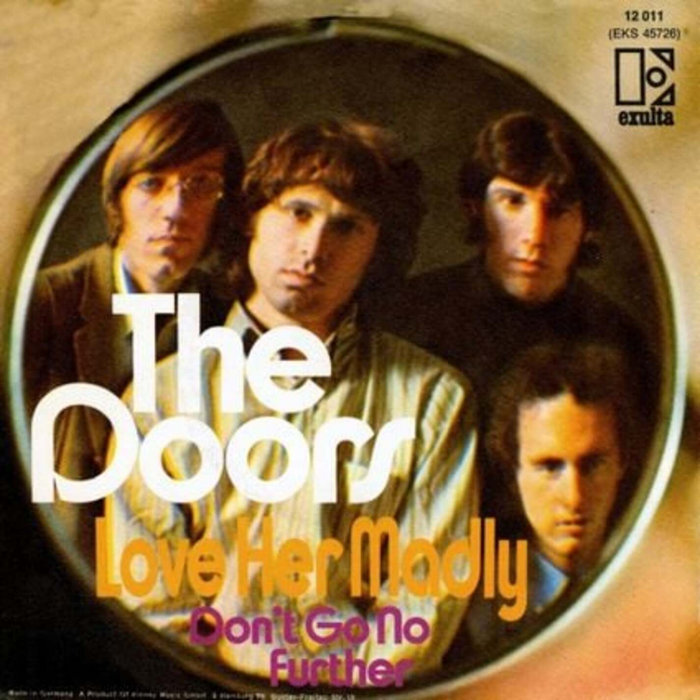
Love Her Madly – The Doors
this blog is GROOVY – check out great Soul, Funk, Jazz, Hip Hop, Bass, Breaks , Reggae, House n many more TUNES
Latin rock, baby! This sizzling genre is where Latin rhythms meet the electric energy of rock and roll. It’s a flavorful fusion that has made waves since its inception in the late 1960s. So grab your maracas and let’s take a groovy ride through history, funky anecdotes, and some laughs sprinkled in!
The roots of Latin rock trace back to the vibrant musical stew that was bubbling up in both Latin America and the United States. In those psychedelic days, bands like Santana erupted onto the scene with their spicy blend of classic rock guitars overlaid with Afro-Cuban rhythms. Talk about a fiesta for your ears!
Carlos Santana’s “Black Magic Woman,” released in 1970, was quite literally magic itself—it took listeners on an enchanting journey. With smooth guitar solos and hypnotic grooves, it ignited interest not just among Latinos but among anyone who loved good music.
One fascinating thing about Latin rock? It thrives on diversity! Musicians from various backgrounds contribute their cultural sounds to create something fresh. Here comes Los Lobos, initially known for playing traditional Mexican music before incorporating elements from folk-rock to punk into their repertoire.
And let’s not forget Café Tacvba, who burst onto the scene later on in the ’90s mixing everything from cumbia to hardcore punk—like putting salsa on top of pizza! Their experimental approach has earned them respect worldwide while keeping everyone’s toes tapping.
Now let’s sprinkle some humor into our musical history! Did you know that Carlos Santana used to perform wearing sandals? His bandmates joked that he had “the spirit” but also had “no fashion sense.” Who needs fancy shoes when you’ve got epic guitar skills?
Also, there’s this wild story about Los Fabulosos Cadillacs; during one performance at Argentina’s iconic venue Luna Park, they accidentally started playing “La Cumbia de los Trapos” before talking or announcing themselves properly—audience confusion turned into collective laughter as they realized it wasn’t just another boring intro song!
Another quirky tidbit comes from legendary rocker Rubén Blades—he once ran for public office! He threw his hat (and musical talents) into politics and even served as Panama’s Minister of Tourism for a bit. I guess you could say he knows how to “run” more than just tunes!
By the late ’70s and early ’80s, Latin rock started breaking down barriers beyond its niche audience. Bands began touring extensively across North America—the explosion was real!
Enter mainstream success with artists like Gloria Estefan leading Miami Sound Machine through funky tropical beats mixed with pop-rock vibes—a recipe for delighting partygoers everywhere. “Conga” became an anthem at weddings faster than you can say “Cha-cha!”
In addition to these heavy hitters emerged influential figures such as Juanes who brought Colombian sounds right up alongside traditional Western styles yielding hits like “A Dios le Pido.” His charm resonated deeply across generations—and you wouldn’t want him rolling out on stage without his signature guitar solo!
What if I told you Juanes actually learned English by listening closely—not just singing but studying lyrics? Talk about motivation…or sheer talent meeting perseverance at its finest!
As time rolls forward (gracias Spotify!), we see new voices sharing personal stories tinged richly within diverse contexts all around us: better representing key social issues against poverty or injustice while staying true musically grounded—it really attracts audiences any way it shines mellow movements full-on explosive vibe fests alike under colorful fireworks lit skies above concert crowds everywhere.
Artists nowadays continue experimenting wildly crossing genres; think everything under sun PLUS hip-hop flavors layered atop classic riffs spinning head-collapsing dance routines leaving everyone breathless sweating buckets jiving hard getting loose…yeah baby—that energy transcends borders ultimate connection happens groove deep down inside wherever we are together dancing side by side – so keep rocking people keep rocking!!!
Today’s stars like Bomba Estéreo showcase electronic elements intertwined seamlessly amid tradition hinting future possibilities ahead tracks waiting next big boom moment permission granted my friends till kingdom come celebrating life rhythmically…
So here we are wrapping up this rhythmic escapade through time learning diving deeper discovering nuances along way reminding ourselves what makes it special ultimately is joyous connections transforming mundane days lifting spirits moving bodies shaking hearts—all fueled passion creativity storytelling woven-lush landscape filled colors emotions expressed art never-ending cycle keeps spinning merrily forth forevermore echoing bright shining lights ballroom nights endless fun celebrating lively vibrancy lent sweet essence undoubtedly belongs proudly displayed amidst ever-evolving tapestry tuned-in vibrations replete magical moments shared between each other every show don’t stop believing…because hey life IS good honestly trust me check-dance try move shake feel alive bursting smiles radiate joy always onward twirling swaying grooves forever more!!!

Love Her Madly – The Doors
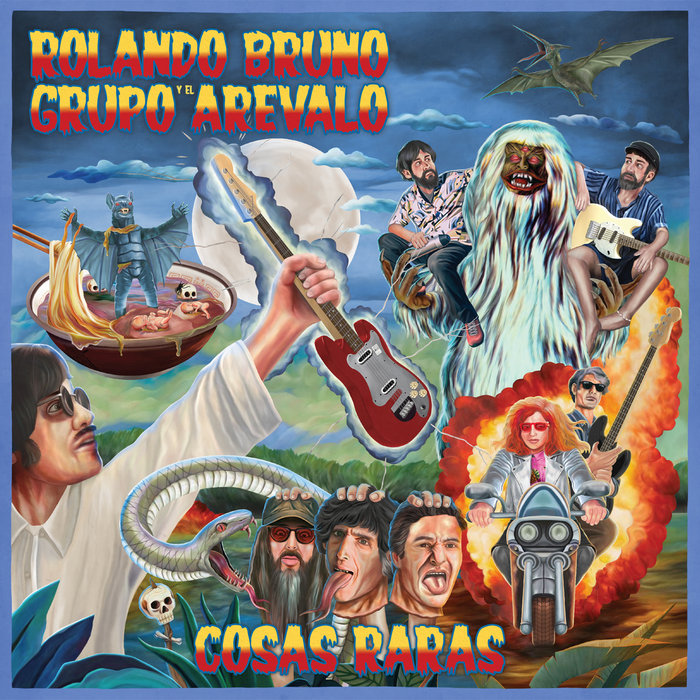
Merentrash – Rolando Bruno
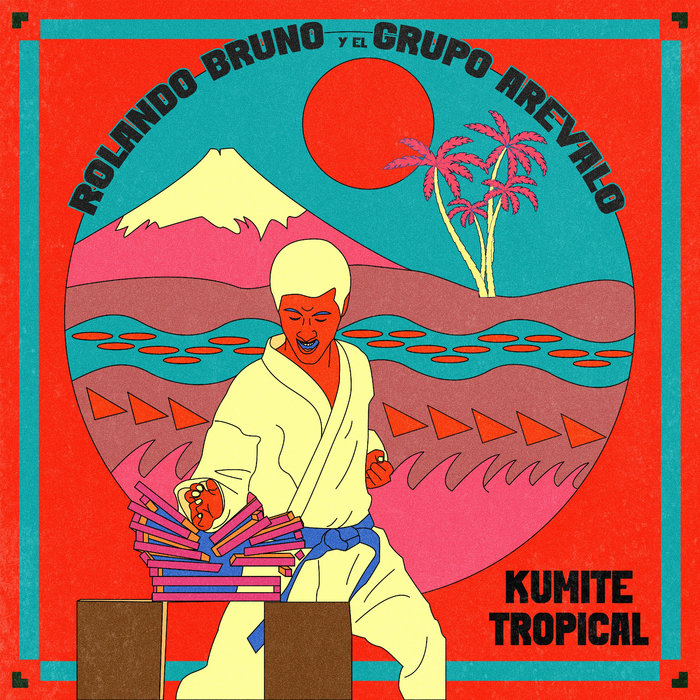
KUMITE TROPICAL – Rolando Bruno y el Grupo Arevalo
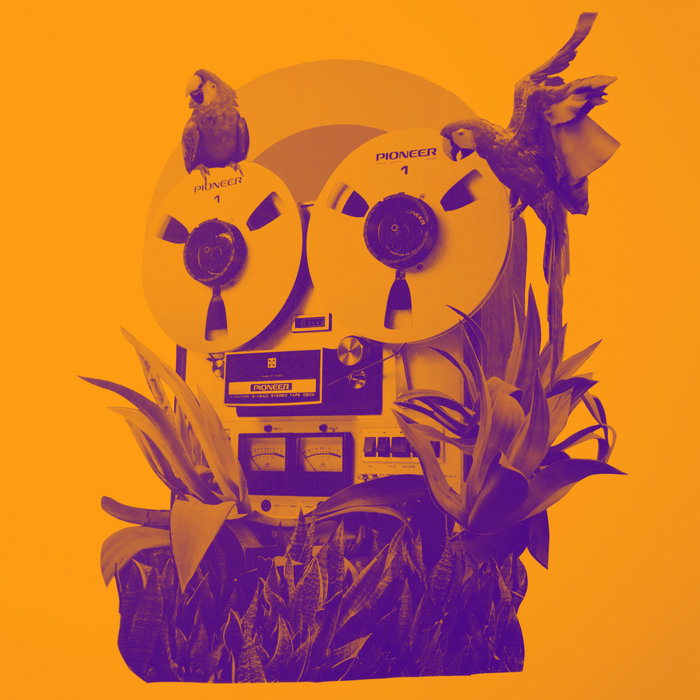
Idea Desesperada – Locobeach
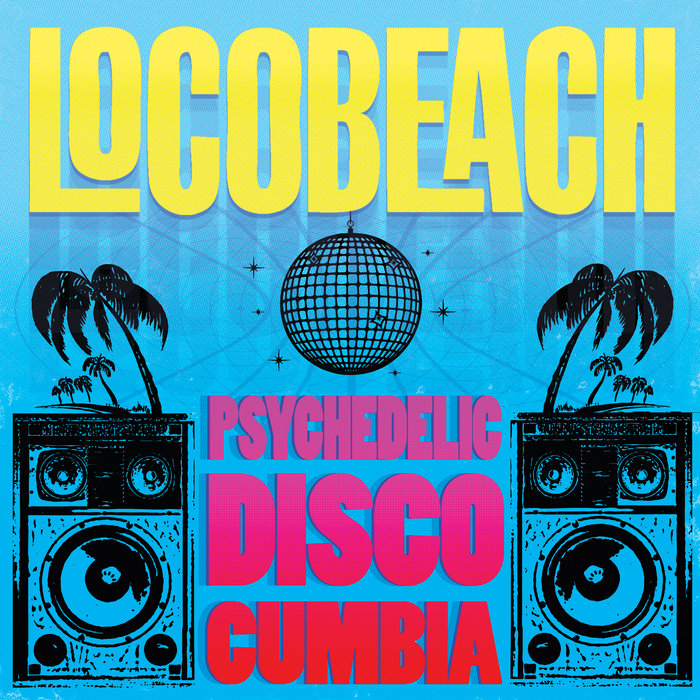
Six on the Stairway to Seven – Locobeach